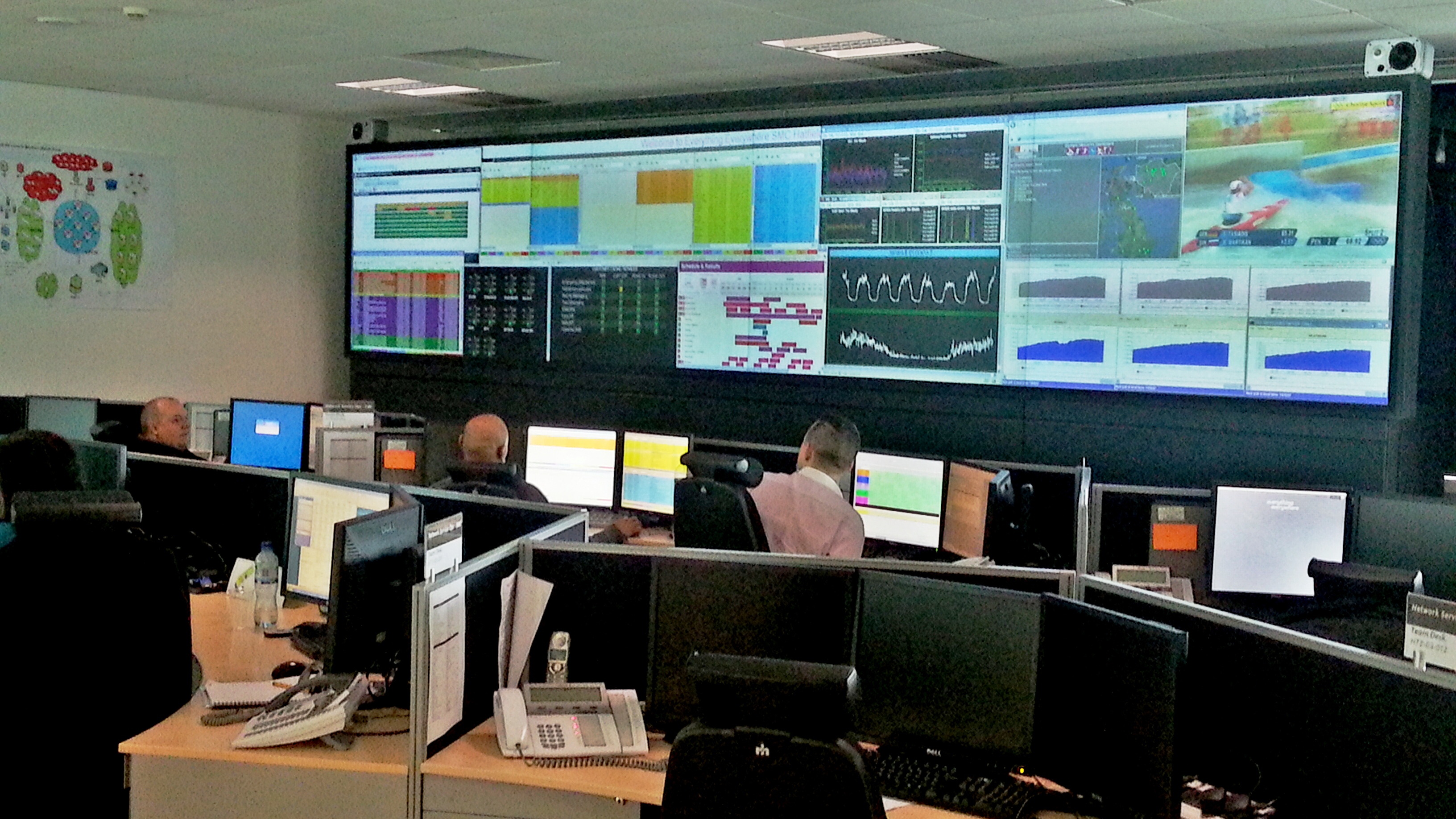The Olympic task of keeping your signal up and running during the Games
The London 2012 Games have seen a massive spike in data, voice and text use – so how do mobile carriers cope?
It's no surprise that data is one of the areas we've seen the biggest explosions of use; the availability of Twitter and Facebook are becoming known to even the most ardent of smartphone deniers, and with the increased capacity in networks, even uploading footage to YouTube in near real time is a possibility for many.
These networks are having fortunes poured into them every day – with most pushing around £1.5m per day for improvements.
However, 2012 presents a different challenge, with the bulk of the spikes in usage coming in the middle of the year. Vodafone told us: "We are investing well in excess of £1.5 million per day in our network this year and weighted that investment towards the first half of 2012 in preparation for a busy summer."
To take a closer look at how a network works during the busiest summer yet for the networks, TechRadar headed down to Everything Everywhere's Service Management Centre (SMC) to see exactly what tools are in place to spot and avoid outages – like those seen for O2 recently – during a time when the world's gaze will be trained on the UK.

"We receive a large number of alarms [relating to network provision], each given a severity rated from one to seven, as we want to spot problems from the outset," said Nathan Roberts, Incident Management and Major Customer Support Manager for EE.
"Not each means an impact to customers – it could be a broken piece of kit, a capacity issue, all differing levels of event for the guys [in the SMC]."
Sign up for breaking news, reviews, opinion, top tech deals, and more.
Preparation for the Olympics from the networks has been ongoing since London won the rights to host it seven years ago - well before the Everything Everywhere merger, meaning the networks had to try to combine their operations at the same time as preparing for one of the UK's biggest events in history.
Inside the SMC itself you'd expect it to be a thriving hub of activity, with hundreds of people furiously scrabbling to make sure the millions of people connected to the network don't lose their increasingly precious signal.
In truth, it's testament to the efficiency of today's networks that it's a relatively serene affair – multiple screens present a plethora of data to represent the function of the service that provides your calls, data and texts.
The complexity you'd expect when keeping a close eye on the network is definitely there – a sea of traffic lights, convoluted maps and minute-by-minute updates on everything from mobile email stability to data provision is noted and given a coloured status.

Everything Everywhere also has the unique issue of managing customers on two networks. Orange and T-Mobile customers are able to roam onto the other network with nearly full functionality these days, and Roberts told us that the network had seen a 23 per cent reduction in dropped calls since the same time last year.
But there's the added pressure of the Olympics: it's not the same as a Royal Wedding or a cup final where on-site data is localised, as the Games are spread around the country.
To this end, the likes of the Mobile Experience Group (MEG) and the Joint Operators Olympic Group (JOOG) have been set up to allow significant investment in the set-up for the Games, as well as bringing together social networks, online services and the network providers to make sure the situation works seamlessly.
No repeat of 1948
London may have hosted the Olympics before, but it's a vastly different landscape this time around. Where those were called the 'Austerity Games' as a result of the world still recovering from war, London 2012 has seen a large number of new venues around the country – and each need to have full mobile access.

Gareth has been part of the consumer technology world in a career spanning three decades. He started life as a staff writer on the fledgling TechRadar, and has grew with the site (primarily as phones, tablets and wearables editor) until becoming Global Editor in Chief in 2018. Gareth has written over 4,000 articles for TechRadar, has contributed expert insight to a number of other publications, chaired panels on zeitgeist technologies, presented at the Gadget Show Live as well as representing the brand on TV and radio for multiple channels including Sky, BBC, ITV and Al-Jazeera. Passionate about fitness, he can bore anyone rigid about stress management, sleep tracking, heart rate variance as well as bemoaning something about the latest iPhone, Galaxy or OLED TV.